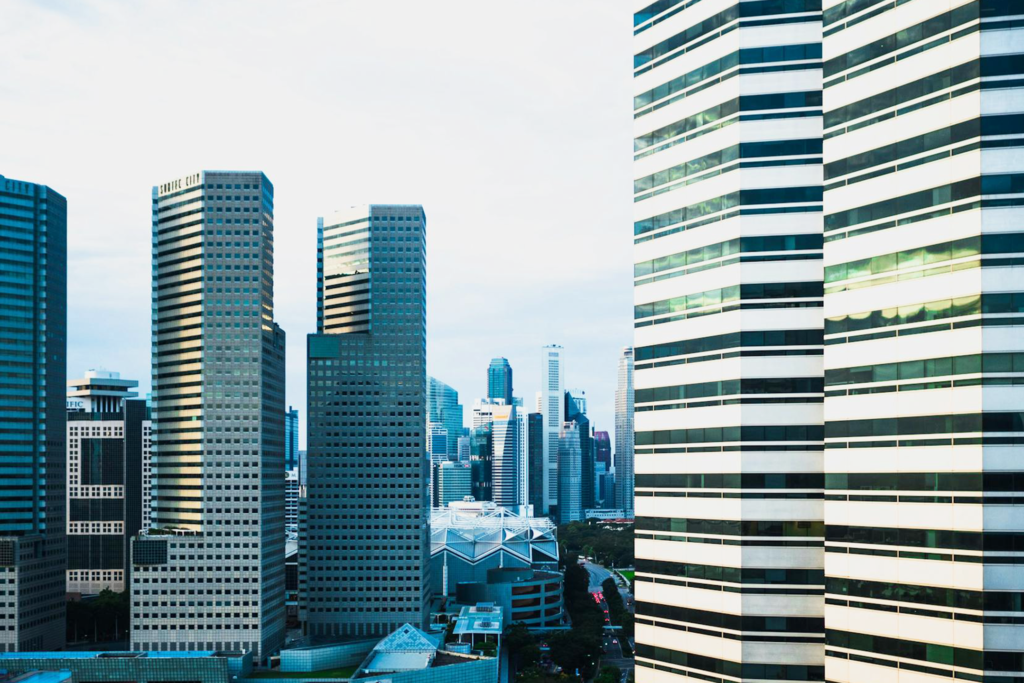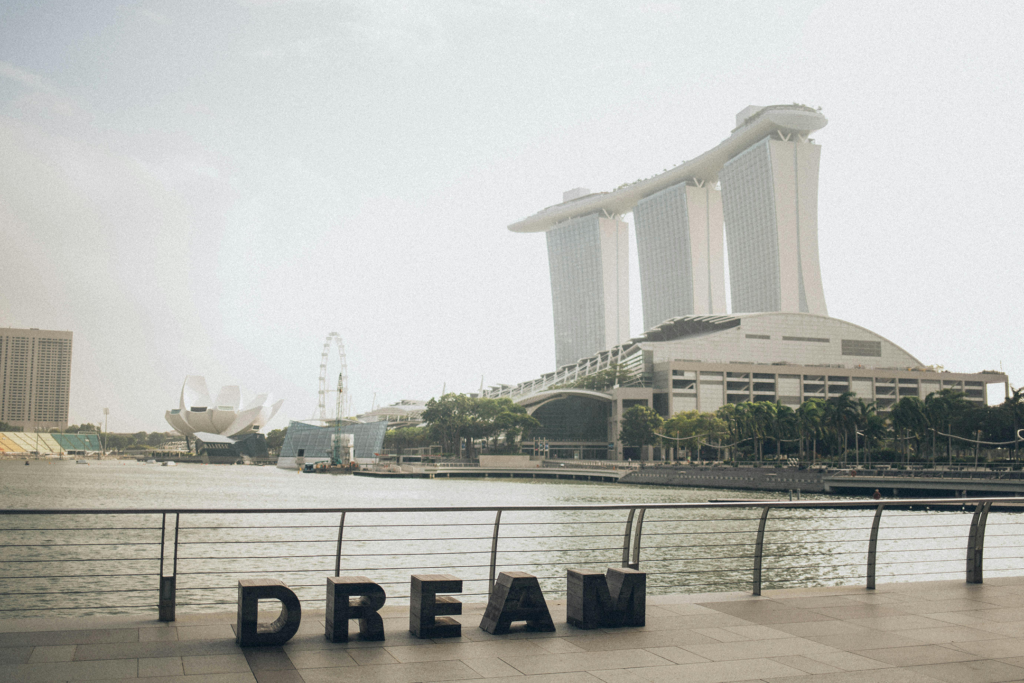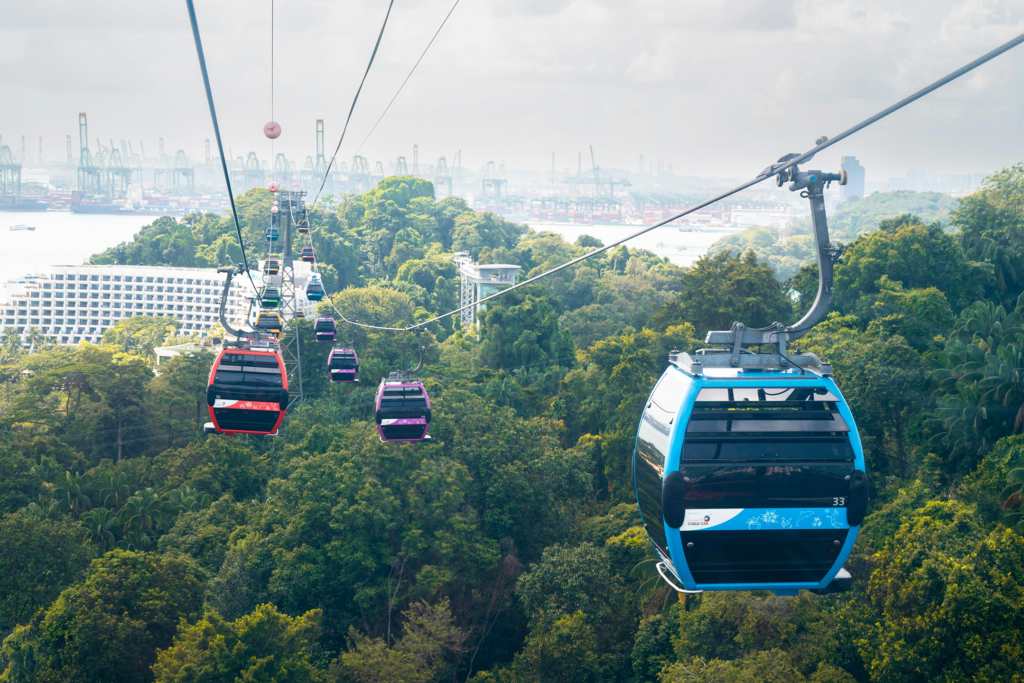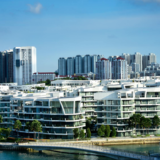Singapore is renowned for its thriving real estate market, offering a range of opportunities for international investors, including ultra-high-net-worth individuals (UHNWIs). The appeal of investing in Singaporean property lies not only in the potential for high returns but also in the country’s robust legal framework, political stability, and cosmopolitan lifestyle. This guide provides a comprehensive overview of how to acquire an apartment or penthouse apartment in Singapore as a foreign investor, detailing the legal requirements, purchasing process, and key considerations.
Legal Framework for Foreign Property Ownership
In Singapore, the laws governing property ownership by foreigners are straightforward, but they come with certain stipulations. The primary piece of legislation that outlines these rules is the Residential Property Act. Under this act, foreign individuals are generally not allowed to purchase landed residential properties, such as bungalows or semi-detached houses, unless they obtain approval from the Land Dealings Approval Unit (LDAU) of the Singapore Land Authority (SLA). However, foreigners are permitted to buy private apartments and condominiums without prior approval [1].

Types of Properties Available to Foreigners
Condominiums: These are the most common type of residential property that foreigners can purchase. They often come with a range of amenities, including swimming pools, gyms, and 24-hour security.
Apartments: Similar to condominiums, apartments are typically part of a larger complex and offer various facilities. They are also available for purchase by foreigners.
Legal Requirements
Foreigners looking to purchase property in Singapore should be aware of the following legal requirements:
Eligibility: Foreigners must be individuals, companies, or organizations. Individuals who are not permanent residents (PRs) or citizens of Singapore can still acquire private residential properties.
Stamp Duty: Upon the purchase of any property, buyers must pay stamp duty. For foreign buyers, the rates are generally higher. As of recent regulations, the stamp duty rates for residential properties are as follows:
– 1% on the first SGD 180,000 of the purchase price
– 2% on the next SGD 180,000
– 3% on the next SGD 640,000
– 4% on the remaining purchase price above SGD 1 million
– An additional 30% Additional Buyer’s Stamp Duty (ABSD) applies to foreign buyers [2].
Financing: Foreign buyers can obtain financing from banks and financial institutions in Singapore. However, the terms may vary, and it’s advisable to consult with financial advisors or mortgage brokers familiar with the market.
Legal Representation: It is highly recommended for foreign buyers to engage a qualified property lawyer to navigate the complexities of the legal framework. A lawyer can help with the conveyancing process, ensuring compliance with local laws, and safeguarding the buyer’s interests [3].

The Purchase Process
The process of acquiring an apartment or penthouse in Singapore involves several key steps:
Define Your Requirements: Determine your budget, preferred location, and type of property. Popular areas for expatriates and investors include Orchard Road, Marina Bay, Sentosa, and the Central Business District (CBD).
Engage a Real Estate Agent: Collaborating with a reputable real estate agent who specializes in the Singapore market can significantly streamline the process. Agents can provide insights into market trends, available properties, and assist in negotiations [4].
View Properties: After identifying potential properties, schedule viewings to assess their suitability. Take note of amenities, surrounding infrastructure, and overall condition.
Make an Offer: Once a suitable property is found, the next step is to make an offer. If accepted, the buyer typically pays an option fee, usually 1% of the purchase price. This fee grants the buyer a specified period (usually 14 days) to complete the purchase agreement [5].
Sale and Purchase Agreement (SPA): After securing the option to purchase, both parties will sign a Sale and Purchase Agreement, which outlines the terms of the sale. At this stage, the buyer usually pays a deposit (typically 4% to 9% of the purchase price) to the seller.
Finalizing the Purchase: The next step involves conducting due diligence. This may include property inspections, checking title deeds, and ensuring that there are no outstanding issues or encumbrances on the property. After due diligence, the remaining balance of the purchase price must be settled, usually within eight weeks of signing the SPA [6].
Transfer of Ownership: Upon completion of the payment, the property ownership is officially transferred. The buyer’s lawyer will lodge the necessary documents with the Singapore Land Authority to register the transfer [7].
Post-Purchase Considerations: After acquiring the property, foreign owners must adhere to local regulations concerning property maintenance, renovation approvals, and compliance with the Building and Construction Authority’s (BCA) guidelines.
Key Considerations for Investors
Market Research: Understanding market trends and property values is crucial. Regularly monitoring the Singapore real estate market can help investors make informed decisions regarding timing and pricing.
Investment Potential: Consider factors such as rental yields, capital appreciation, and the potential for resale. Singapore’s rental market remains robust, attracting expatriates and foreign professionals.
Tax Implications: Consult with tax advisors to understand the tax implications of property ownership in Singapore. This includes property taxes, income tax on rental income, and potential capital gains tax upon resale.
Residency Status: Purchasing property in Singapore does not automatically grant residency. However, significant property investments may provide a pathway to obtaining residency through various schemes, such as the Global Investor Program (GIP) [8].
Long-Term Vision: Consider the long-term investment strategy and property management options, especially if the intention is to rent out the property. Engaging a property management firm can help ensure the property is well-maintained and generates consistent rental income.

Conclusion
Acquiring an apartment or penthouse in Singapore offers a valuable opportunity for foreign investors, especially UHNWIs seeking to diversify their portfolios. While the process is relatively straightforward, understanding the legal requirements and navigating the local market landscape is essential. Engaging experienced professionals, such as real estate agents and lawyers, can help streamline the purchasing process and ensure compliance with Singapore’s legal framework. With its stable economy, vibrant culture, and strong property market, Singapore continues to be an attractive destination for international property investment.
Sources
[1] Residential Property Act – Singapore Law
[2] Additional Buyer’s Stamp Duty (ABSD) – Inland Revenue Authority of Singapore
[3] Conveyancing Practice – Singapore Law Society
[4] Real Estate Agency Guidelines – Council for Estate Agencies
[5] Sale and Purchase Agreement Guidelines – Singapore Land Authority
[6] Property Due Diligence – Legal and Property Advisors
[7] Singapore Land Authority – Title Registration Process
[8] Global Investor Program (GIP) – Economic Development Board of Singapore





